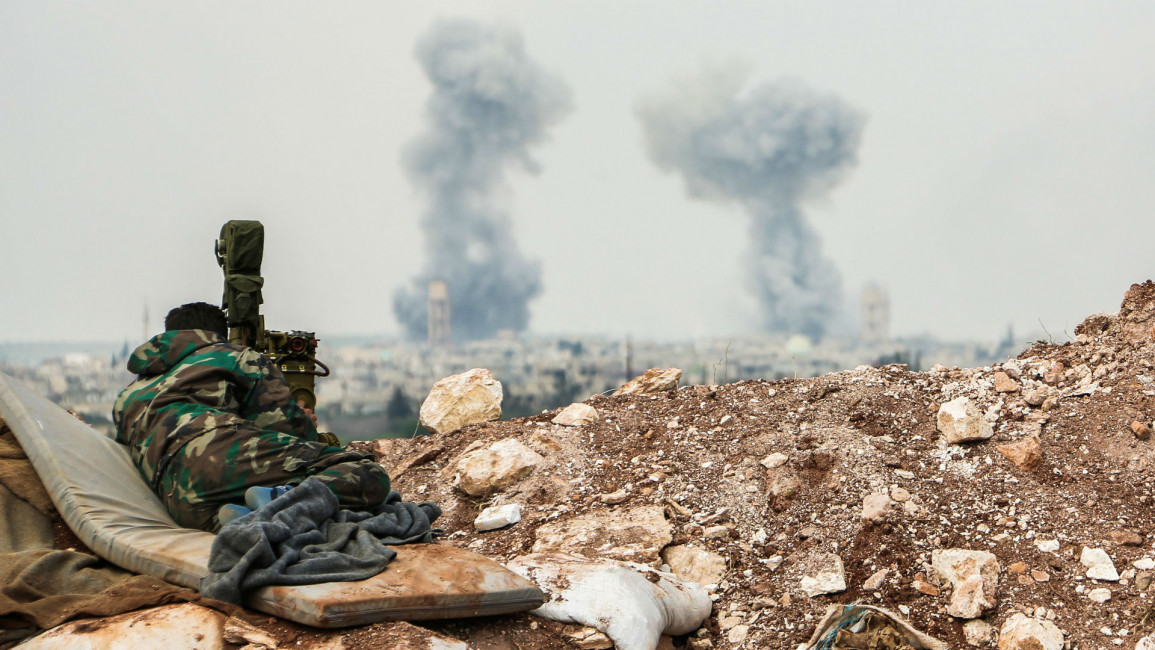South Syria ceasefire takes effect, curbing Iran military ambitions
There have been no airstrikes or clashes so far, war monitoring group The Syrian Observatory for Human Rights said, adding "calm was prevailing" in the area since the truce began at noon Damascus time (0900 GMT) in the provinces of Deraa, Suweida and Quneitra.
A rebel official in Deraa city also said there had been no significant fighting.
The United States, Russia and Jordan reached a ceasefire and "de-escalation agreement" on Friday meant to halt fighting between Syrian government forces and rebel groups in the southwest.
Iranian ambitions
Concerns over Iranian ambitions were stoked by recent movements of Shia militias — loyal to Iran and fighting alongside Syrian government forces — toward Jordan's border with Syria, and to another strategic area in the southeast, close to where the two countries meet Iraq.
The advances are part of Syrian President Bashar al-Assad's push to regain territory from rebel groups, some backed by Western powers, in the southern Daraa province, and from Islamic State extremists in the southeast, near the triangle with Iraq.
But Syria's neighbours suspect that Iran is pursuing a broader agenda, including carving out a land route through Syria that would create a territorial continuum from Iran and Iraq to Lebanon.
The ceasefire for southern Syria is meant to keep all forces pinned to their current positions, said Jordan's government which participated in the talks.
This would prevent further advances by forces under Iran's command, including Lebanon's Hizballah militia.
The truce is to be monitored through satellite and drone images as well as observers on the ground, a senior Jordanian official said on Saturday. Syria ally Russia is to deploy military police in the area.
Ceasefires have repeatedly collapsed in Syria's six-year-old civil war, and it's not clear if this one will last.
The southern Syria truce is separate from so far unsuccessful efforts by Russia, Turkey and Iran to set up "de-escalation zones" in Syria, including in the south.
Violations
Israel is also expected to watch for truce violations.
Israel has repeatedly said it will not allow Iran to set up a permanent presence in Syria, and has carried out a number of airstrikes in Syria against suspected shipments of weapons bound for Hezbollah.
The truce deal, the first such agreement between the Trump administration and Russia, could help the US retain more of a say over who fills the power vacuum left behind as Islamic State is routed from additional territory in Syria.
Washington has been resistant to letting Iranian forces and their proxies gain strength in Syria's south. In recent weeks, US forces have shot down a Syrian aircraft that got too close to American forces as well as Iranian-made drones.



